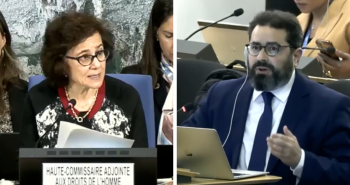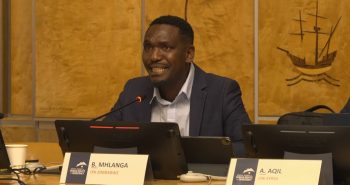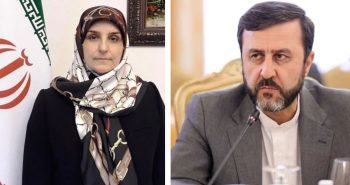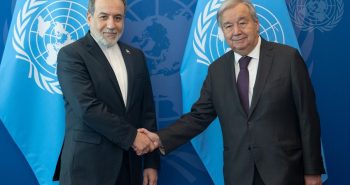Today the UK once again presented the UNHRC’s conclusion of a session in exclusively positive terms. Instead, it ought to provide a full and complete account of the Council’s performance, warts and all.
At the conclusion of each regular session, the FCO publishes a statement by Lord Ahmad of Wimbledon summarizing the UK’s accomplishments. These statements describe the Council as playing “an essential role in holding to account those who violate or abuse human rights;” and claim the council plays an “essential role in bringing states together to address the world’s most pressing human rights issues.”
As a rule, these UK summaries report only on perceived achievements, while ignoring the adoption of numerous harmful resolutions that were opposed by the UK, as well as egregious council failures to address human rights emergencies. The effect of this narrative is to reduce pressure on the council to reform, and to likewise discourage other democracies from speaking out against council misconduct.
Harmful Resolutions Ignored by UK Summary
For example, Lord Ahmad’s statement on the 43rd session ignored:
- A NAM-sponsored resolution (43/15) on the negative impact of unilateral coercive measures which is used by repressive regimes like Iran, Syria, Russia and Venezuela as a tool to attack the West for imposing sanctions on them, claiming that they are the victims (not the perpetrators) of human rights abuses by the West.
- A Cuba-sponsored resolution (43/10) on the effects of foreign debt on human rights, an issue that all Western democracies agree is beyond the competency of the Human Rights Council and should be addressed by other UN bodies.
- A China-sponsored resolution (43/21) on promoting mutually beneficial cooperation in the field of human rights, a concept that is not internationally agreed-to and prioritizes state-to-state relations over individual human rights.
Similarly, Lord Ahmad’s statement on the 41st session ignored:
- A NAM-sponsored resolution (41/3) on enhancement of international cooperation in the field of human rights which criticizes unilateral coercive measures (i.e., western sanctions against repressive regimes).
- A Cuba-sponsored resolution (41/4) on promotion of the right to peace, a vague concept that has no internationally agreed definition and which appears to be inconsistent with the UN Charter, particularly the right to self-defense in Article 51.
- A Cuba-sponsored resolution (41/5) on human rights and international solidarity, a resolution that created an independent expert who used her mandate to make a propaganda visit to Cuba in 2017. While in Cuba, the UN expert—Virginia Dandan—did not meet with a any opposition leaders, and claimed that the issue of political prisoners was beyond her mandate because she was in Cuba only to observe “the international solidarity activities of the government.”






